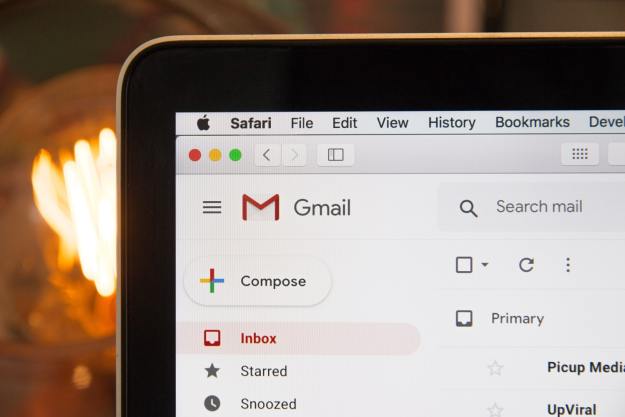
Internet giant Google may be teaming up with the U.S. top spy agency, the National Security Agency (NSA) to investigate the recent cyberattack that targeted Google’s operations in China. The move would not be without some irony: Google’s “don’t be evil” corporate motto and long-established efforts to protect user privacy would seem to be at odds with an agency that may operate the largest electronic and communications surveillance operations on the planet—including warrantless wiretapping under President George W. Bush.
According to a report in the Washington Post and elsewhere, the proposed agreement would see the NSA assisting Google in analyzing the so-called “Operation Aurora” attach that targeted its systems in China (along with computer systems of other companies operating in China) with an eye towards securing systems from future attack. The NSA would reportedly not be giving access to search data, user email accounts, or other materials that would compromise the privacy of Google users’ communications; the NSA would also not have access to Google’s proprietary data.
Although most of the NSA’s operations remain classified, the agency is widely believed to engage in mammoth amounts of transactional data mining, including analysis of Internet searches, email exchanges, funds transfers, credit card transactions, in addition to old standbys like telephone records. The ostensible purpose of the NSA is to obtain foreign intelligence related to military operations or U.S. national security.
If a deal gets worked out between Google and the NSA, the focus of the effort would apparently not be on identifying who was responsible for carrying out the recent cyberattacks against Google, but in hardening Google and others against similar attacks. VeriSign’s iDefense Labs has reported that it believes the attack on Google was carried out by “intelligence entities” operating in China, meaning either the Chinese government itself or third parties operating on its behalf.
Editors' Recommendations
- How to remove an account from Google Smart Lock
- Watch out: Google Drive may have lost months of data
- Chrome has a security problem — here’s how Google is fixing it
- Why is Google cutting web access for some of its workers?
- Email typo misdirects millions of U.S. military messages to Mali


